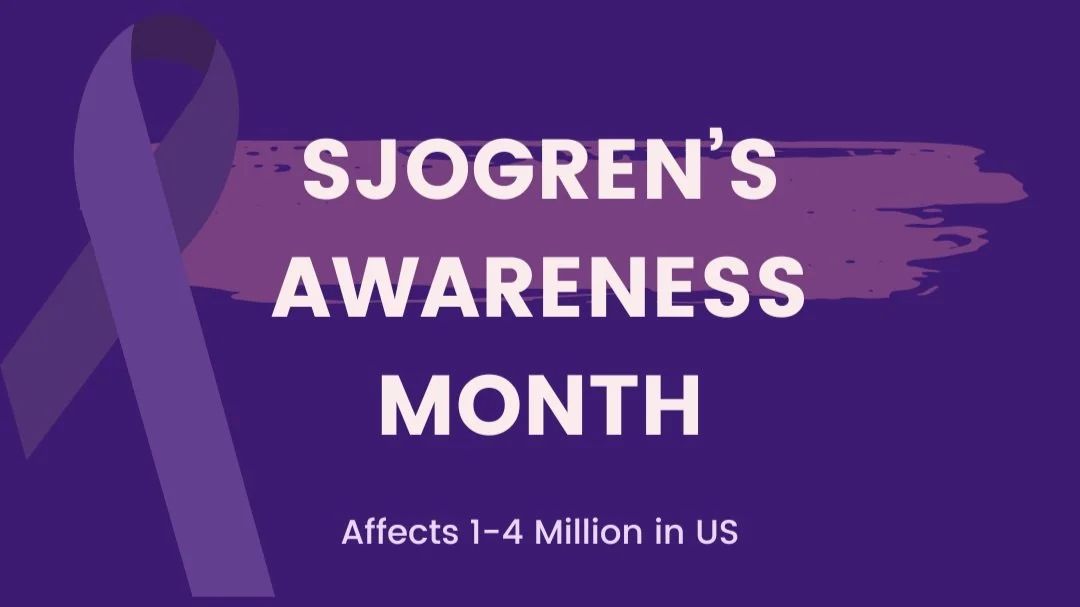Antisynthetase syndrome
Evidence: Antibody
Names
Anti-Jo1 syndrome
Antisynthetase syndrome
AS syndrome
Description
Antisynthetase syndrome is an autoimmune form of myositis. Patients test positive for antibodies that destroy tRNA synthetase, a type of enzyme involved with building proteins from genetic information. Antisynthetase syndrome mostly affects the muscles, but it can also impact the lungs and other parts of the body.
The trigger for antisynthetase syndrome is unknown, but it may be associated with viral infection. Patients with antisynthetase syndrome commonly experience muscle inflammation, lung disease, and joint inflammation. This condition is seen twice as often in women than in men and typically occurs in middle age. This is a chronic disease with no cure, and disease severity and prognosis varies by individual. Patients who only experience muscle symptoms can manage the condition well with treatment. However, prognosis is poor for patients who develop progressive interstitial lung disease.
Patient Groups
Bloggers
Prevalence
US Cases: 9,600 - 12,800 [Cojocaru 2016]
Typical Age of onset
43 - 60
Symptoms
Muscle inflammation (myositis)
Shortness of breath
Coughing
Fever
Arthritis
Thickened skin of fingers
Weight loss
Cold fingers and toes with blue or white skin coloring (Raynaud’s phenomenon)












